


For the second week of The Rubin Daily Offering, Tibetan medicine doctor and biocultural anthropologist Dr. Tawni Tidwell joins Senior Curator of Himalayan Art Elena Pakhoutova to explore Tibetan medical thangkas in the Rubin Museum’s collection and offer practices to keep bodies in balance during times of distress.
In this episode, Elena Pakhoutova guides us through a depiction of the various toxins found in the natural world, both physical and mental poisons. Then Dr. Tawni Tidwell leads a visualization practice, leaving us with a reminder that life renews in the absence of toxins.
The Rubin Museum presents this video in partnership with the Center for Healthy Minds at the University of Wisconsin-Madison.
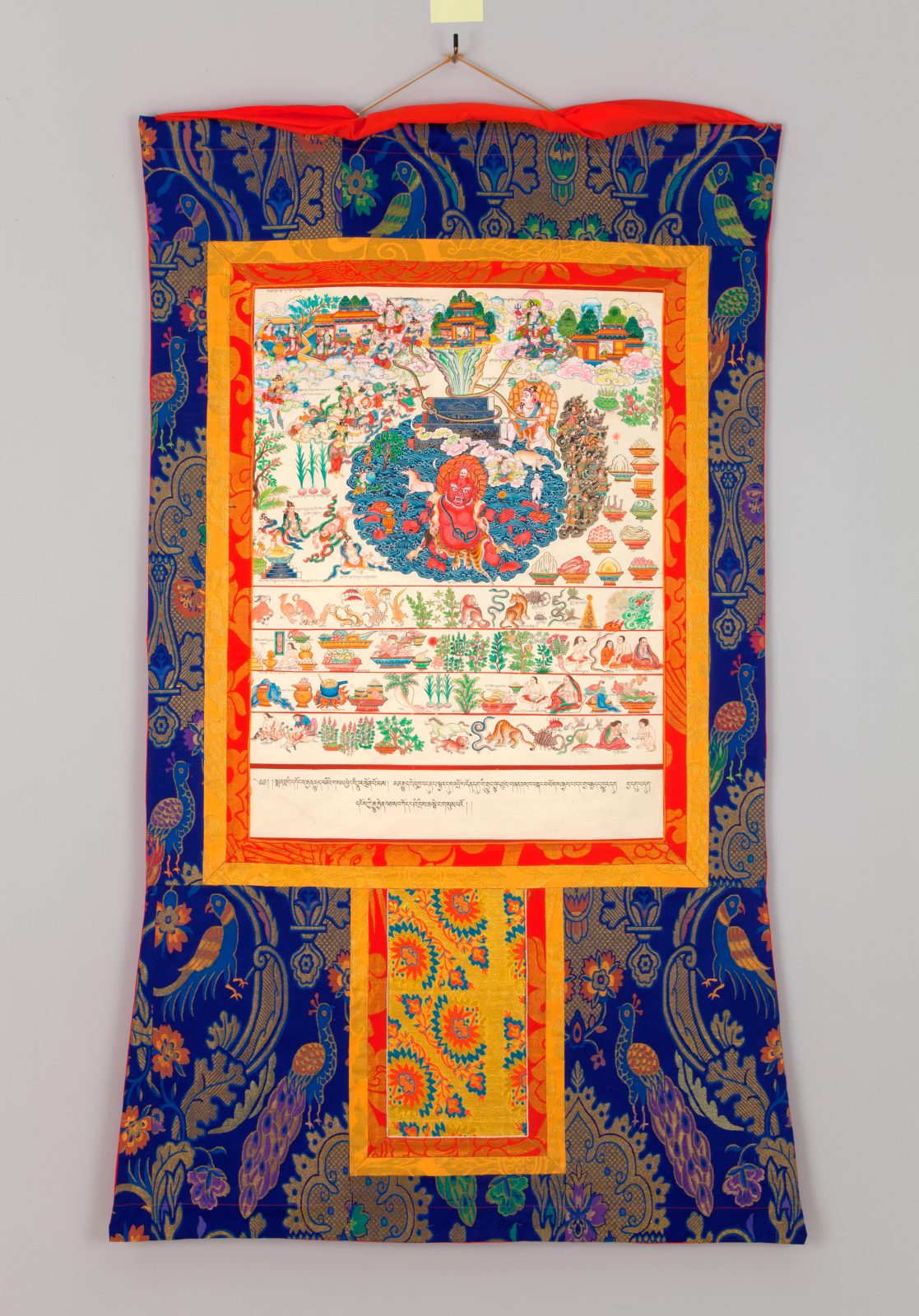
Hua Khar; Primary and Secondary Causes of Disease XII Poisons (chapters 87 - 89); Chentsa, Amdo region, Northeastern Tibet (Jianzha, Qinghai Province, China); 1995-1996; Pigments on cloth; Rubin Museum of Himalayan Art, Gift of Shelley and Donald Rubin Private Collection; C2014.9.51
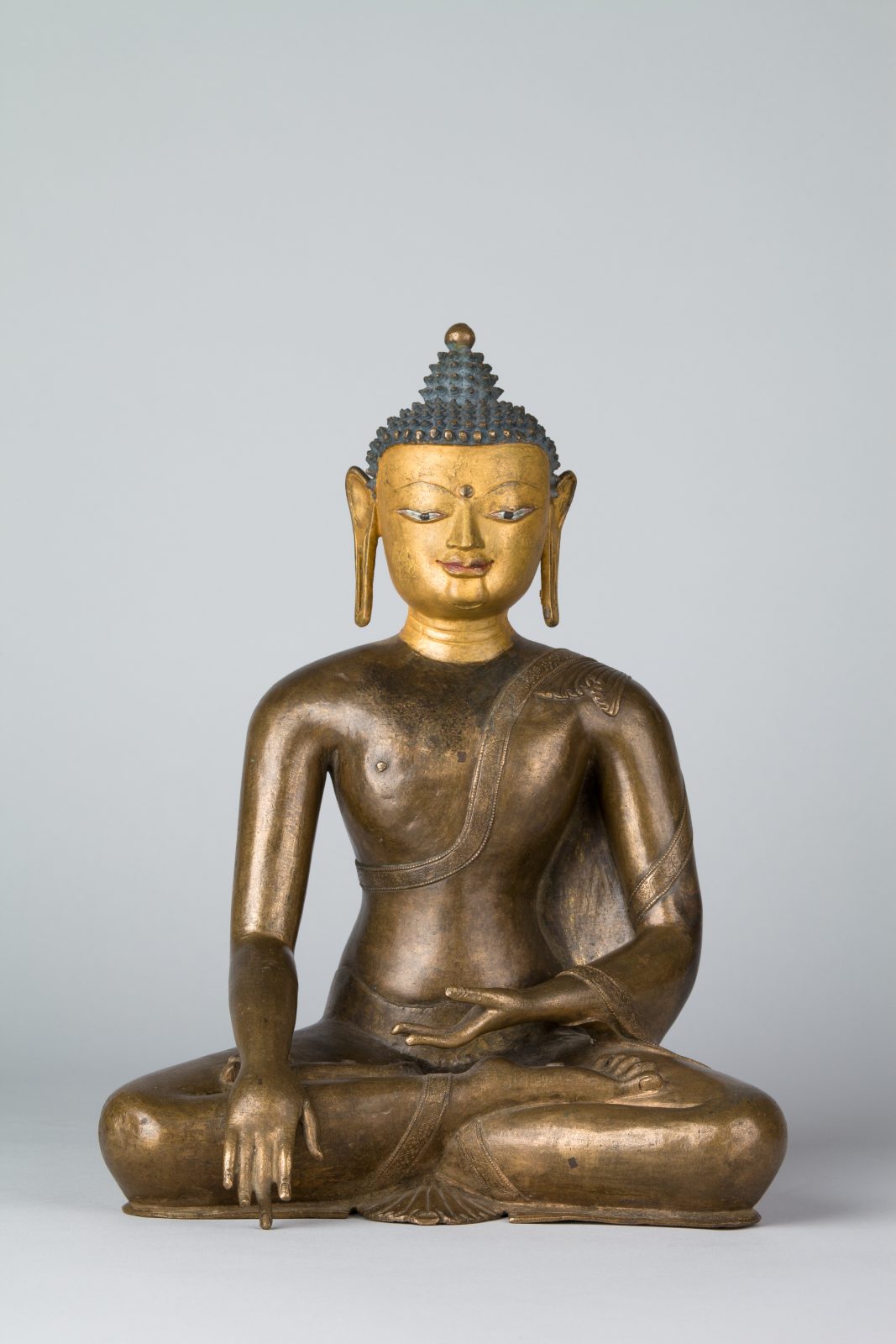
Buddha Shakyamuni; Tibet; 15th century; Copper alloy with pigments; Rubin Museum of Himalayan Art; C2001.13.3
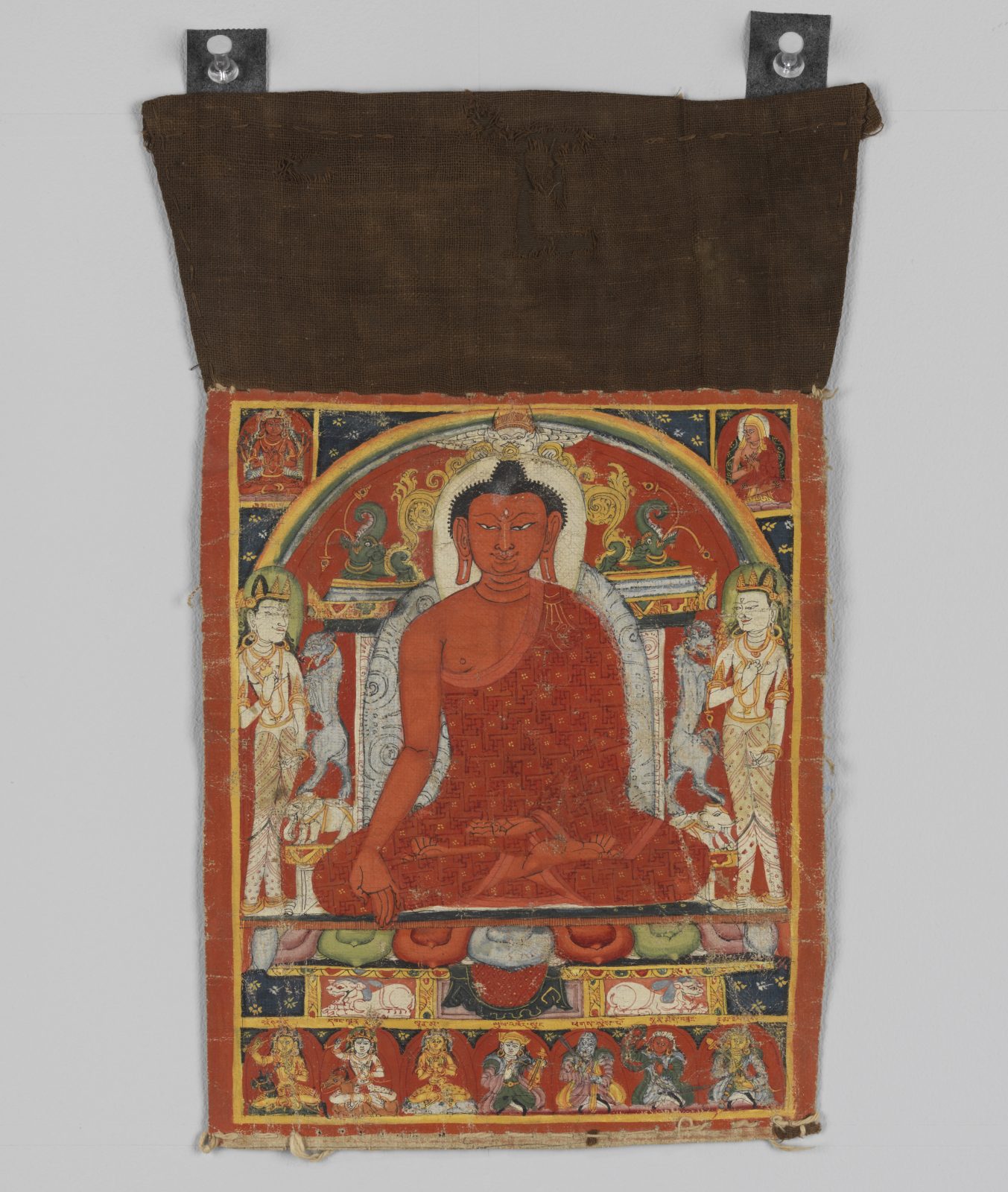
Medicine Buddha Abhijnaraja; Ladakh; 14th century; Pigments on cloth; Rubin Museum of Himalayan Art; C2004.11.1
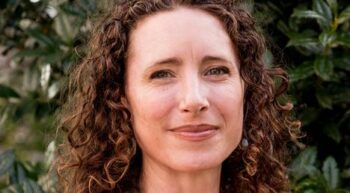
Dr. Tawni Tidwell is a biocultural anthropologist (PhD, Emory University) and a Tibetan medical doctor (“amchi”/”menpa” Kachupa level), the first Westerner to have formally completed her Tibetan medical education in a Tibetan institution alongside Tibetan peers. Dr. Tidwell trained at Men-Tsee-Khang in north India and at the Sorig Loling Tibetan Medical College of Qinghai University in eastern Tibet, completing a five-year program followed by a one-year internship and subsequent apprenticeships with master physicians across the Tibetan Plateau. Dr. Tidwell’s doctoral dissertation integrated insights from contemporary neuroscience, Buddhist epistemology, and biocultural anthropology to understand how Tibetan physicians learn embodied diagnostic practices, particularly for cancer and metabolic disorders. She looks at Tibetan medical training as developing the “physician as embodied diagnostic instrument” through cultivation of rigorous technical and perceptual skills. Previously at the Austrian Academy of Sciences and now at the Center for Healthy Minds in Madison, Wisconsin, Dr. Tidwell examines paradigms of transformation; how complex techniques are able to transmogrify toxins into medicines, trauma into healing and resilience. Dr. Tidwell draws on her extensive background in ecology and wilderness survival and her apprenticeship on the “rooftop of the world” in order to seek an integral understanding of the ecological relationships that sustain transformative work from within and without.
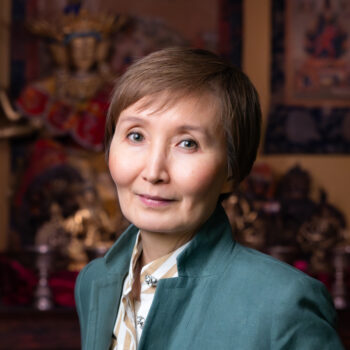
Elena Pakhoutova is senior curator, Himalayan art, at the Rubin Museum of Himalayan Art and holds a PhD in Asian art history from the University of Virginia. She has curated several exhibitions at the Rubin, including Death Is Not the End (2023), The Power of Intention: Reinventing the (Prayer) Wheel (2019), and The Second Buddha: Master of Time (2018). More →
Get the latest news and stories from the Rubin, plus occasional information on how to support our work.